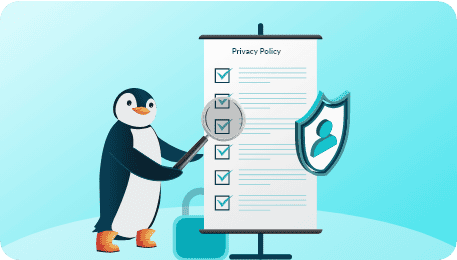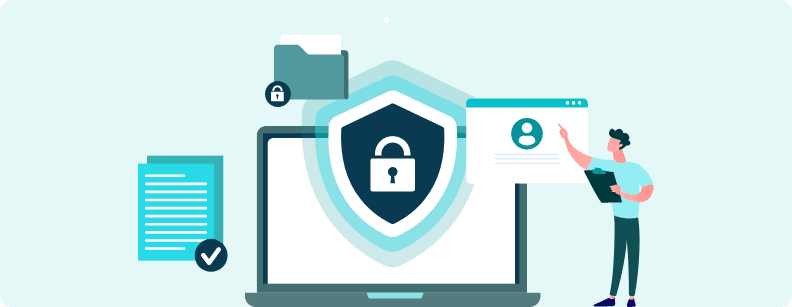Unlimited Data.
Infinite Possibilities.
Looking for B2B data? Download Unlimited data using our Chrome extension at just $79/month.

ReachStream's Guide to B2B Data Privacy in 2025
B2B data privacy is no longer a choice—it’s a business imperative
Companies that fail to implement robust data protection measures risk not only legal penalties but also the loss of trust from clients and partners.
With cyber threats on the rise and regulations becoming stricter, organizations must adopt transparent, secure, and compliant data practices to safeguard sensitive business information. Mastering B2B data privacy policies ensures long-term success, mitigates risks, and strengthens professional relationships.

B2B data privacy refers to the policies, practices, and regulations that govern the collection, storage, processing, and sharing of business-related data while ensuring compliance with privacy laws and ethical standards.
Unlike consumer data privacy (B2C), which focuses on protecting individuals’ personal information, B2B data privacy is centered on safeguarding business contacts, professional details, and sensitive corporate information.
GDPR is a landmark data privacy law designed to enhance the security and transparency of personal and business-related data processing.
The European Union officially implemented GDPR in 2018 across all member states. Its primary purpose is to empower individuals with greater control over their personal data while ensuring organizations handle data responsibly, securely, and transparently.
CCPA is a data privacy law that grants California residents greater control over their personal information and how businesses collect, use, and share it.
California enacted the CCPA in 2018, and it took effect on January 1, 2020. Its main purpose is to enhance consumer rights by providing transparency, control, and accountability in data processing.
The CAN-SPAM Act regulates commercial emails, ensuring ethical email marketing practices and preventing misleading or unsolicited communications.
The U.S. government signed the CAN-SPAM Act into law in 2003. Its primary purpose is to establish rules for commercial email use, requiring transparency and user consent.
The EDPS is an independent authority responsible for ensuring that EU institutions and bodies comply with data protection laws.
It was established in 2004 as part of the EU’s commitment to strengthening data protection regulations. Its primary purpose is to monitor the processing of personal data by EU bodies and ensure compliance with the highest privacy standards.
ACMA enforces laws that regulate electronic communications, including email marketing, telemarketing, and data privacy, to protect businesses and consumers from spam and deceptive practices.
It was established in 2005 in Australia to oversee compliance with the Spam Act 2003 and the Telecommunications Act 1997. Its main purpose is to ensure businesses obtain consent and maintain transparency in commercial messaging.
Author
By submitting this form, you agree to ReachStream’s Privacy Policy and Terms of Service.